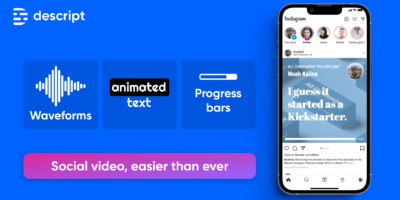Yale Privacy Lab in conjunction with Exodus Privacy released a report that showed numerous dangerous tracking spyware hidden in common android apps. The discovery came after the development of an android app that spied on target devices “internal operations”. As a result, the code uncovered several methods used to sneak spying software into people’s Android phones.
As it is now, the problem lies in seeking legal address to the matter. However, there is no regulatory oversight. On the other hand, there are no adequate laws through which people can find legal relief from the institutions that use applications to install spyware on people’s phones without their consent. However, their actions warrant independent audits. Privacy Lab and Exodus have taken the first step by establishing that our phones are not safe. Additionally, they have developed an android app (code) that overrides the installed spyware. The app blocks the spyware mode of communications. Alternatively, it can feed the spyware with garbage data.
By developing the Privacy app, Exodus has provided the road map to collecting evidence incriminating mobile firms and the providers of applications. Without evidence, an android user is unaware of the vulnerabilities. As a result, there is no determination to seek self-help measures. On the other hand, lack of tangible evidence allows the continued use of the applications and spyware. Also, it provides regulators with no basis for taking the proper actions. However, with enough evidence, public clamor would spur investors into investing in tools that would help clients to get back control of their Android devices.
Exodus and Yale added that it is possible that these trackers have found their way into iOS. They came to this conclusion since the organizations producing the apps advertise of their compatibility with IOS. However, iOS is DRM-locked. As a result, it is criminal to distribute any tool that bypasses the DRM. The distribution of such tools warrants five years in prison and a fine of $500,000 for a first offense in the USA. In France, the penalty is similar to that in the USA as provided by Article six of the EUCD. As a result, using the Exodus code to check for vulnerabilities in iOS was not possible.
The US Copyright Office gave Exodus a soon-to-expire rule that allows them just to use the tool rather than make and distribute. With the regulation capping their advances, they could not redistribute the code to independent researchers for the investigation of iOS.


